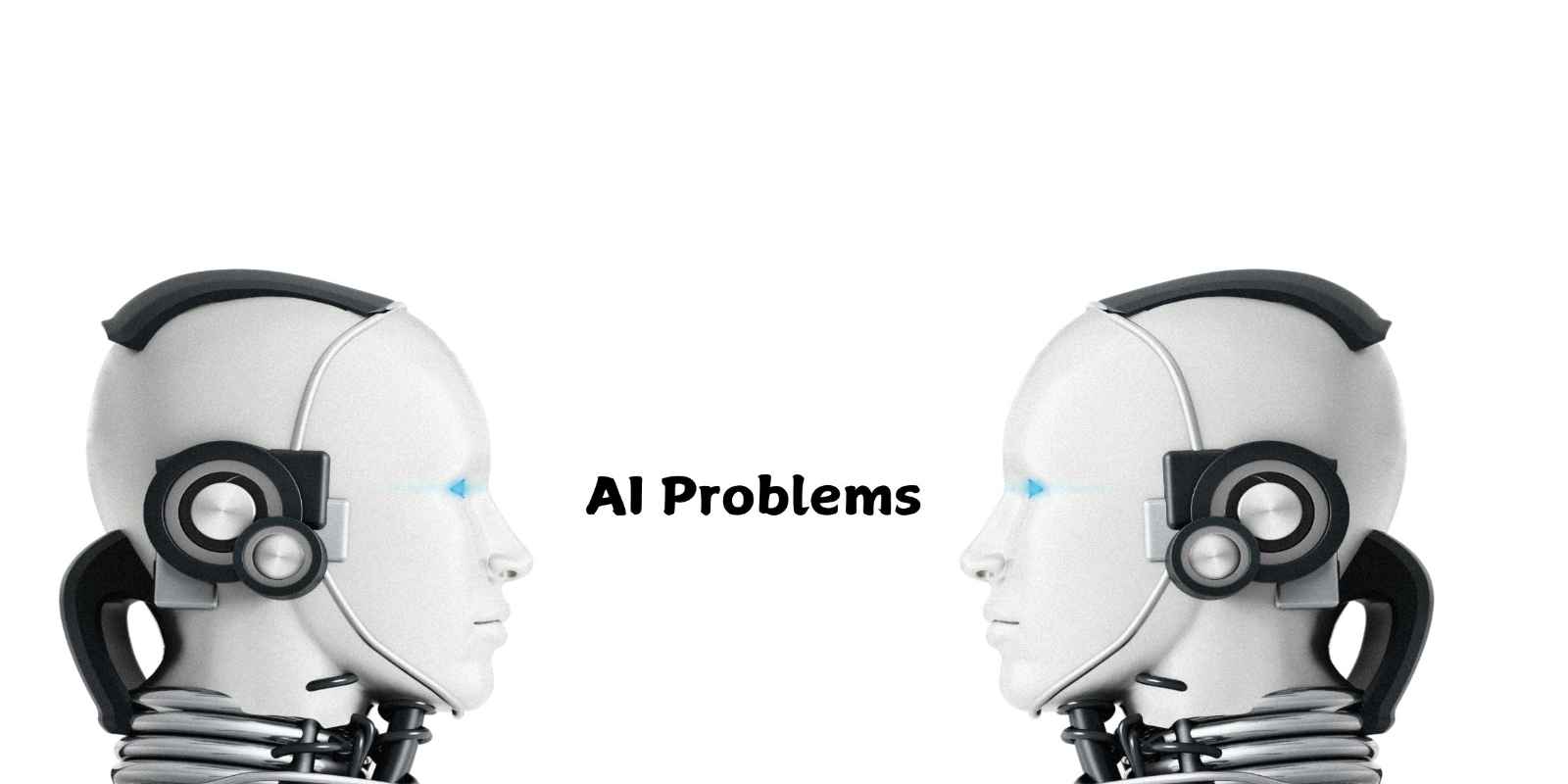Artificial Intelligence (AI) is a transformative technology, but its adoption and implementation come with numerous challenges. From ethical dilemmas to technical hurdles, addressing these issues is crucial for maximizing the potential of AI while minimizing risks. Below, we discuss key AI problems in artificial intelligence, their implications, and potential solutions.
The advancement of artificial intelligence has brought revolutionary changes across industries. However, the road to AI adoption is not without challenges. Ethical concerns, bias, lack of transparency, and computational requirements are just a few issues that need to be tackled effectively. Understanding these AI problems in artificial intelligence is essential to harness its potential responsibly and efficiently.
Key Problems in Artificial Intelligence
- Ethical Issues in AI
- AI systems may violate privacy, perpetuate biases, or have negative social impacts.
- Sensitive areas like healthcare and criminal justice demand the application of ethical principles for fair outcomes.
- Solution: Create frameworks that balance innovation with transparency and human rights.
- Bias in AI
- Training data bias often leads to discrimination in critical fields like hiring or law enforcement.
- Solution:
- Use fairness-aware machine learning techniques.
- Employ diverse datasets and robust data preprocessing methods.
- Integration Challenges
- Seamless AI integration into existing workflows requires expertise and careful planning.
- Solution: Upskill employees, involve domain specialists, and ensure system interoperability.
- Computational Power
- Sophisticated AI models require high-performance hardware, increasing costs and energy consumption.
- Solution: Use distributed computing, cloud services, and explore innovations like quantum computing.
- Data Privacy and Security
- AI systems process large volumes of sensitive data, raising privacy concerns.
- Solution: Implement encryption, anonymize data, and comply with data protection laws like GDPR and HIPAA.
Also Read: How to Make Your Own AI Assistant ?
Major AI Problems and Their Solutions
| AI Problem | Implications | Solutions |
|---|---|---|
| Ethical Issues | Violates privacy, perpetuates bias | Frameworks for fairness and transparency |
| Bias in AI | Discrimination in decisions | Use diverse datasets and fairness-aware models |
| Integration Challenges | Disruptions in workflows | Upskilling, stakeholder collaboration |
| Computational Power | High costs, energy consumption | Cloud services, quantum computing innovations |
| Data Privacy and Security | Risk of data breaches | Encryption, anonymization, legal compliance |
Addressing Other Critical AI Problems
- Transparency and Trust
- Lack of transparency leads to mistrust in AI systems.
- Solution: Employ Explainable AI (XAI) for clearer decision-making and document methodologies comprehensively.
- Limited AI Knowledge
- General misconceptions hinder AI adoption.
- Solution: Promote AI literacy through accessible resources and training.
- Legal Challenges
- AI raises liability and intellectual property concerns.
- Solution: Create clear regulations with collaboration from legal experts and policymakers.
- Software Malfunction
- Errors in AI systems can cause disruptions.
- Solution: Implement rigorous quality assurance and robust error-handling mechanisms.
Conclusion
The journey of implementing AI is not without challenges. Addressing key AI problems in artificial intelligence, such as ethical concerns, bias, and integration issues, requires collaboration, innovation, and regulatory frameworks. By prioritizing transparency, fairness, and security, organizations can build trust and achieve sustainable AI adoption.
Understanding these problems and their solutions is the first step toward leveraging AI’s full potential responsibly.



